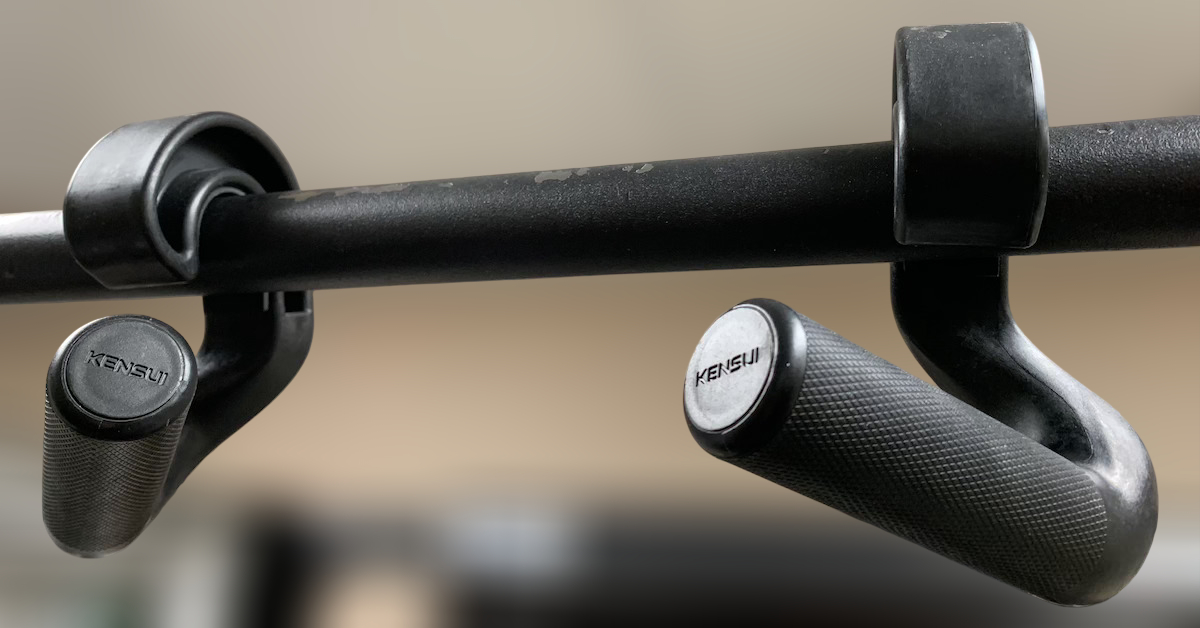Question:
I’m looking for a program to help a client gain weight. He loses weight easily, even without cardio, but he’s very strong and wants to increase 10 pounds of muscle mass.
Answer:
It’s difficult to provide a truly individualized approach with limited information, but I do have several suggestions that should help. Before diving into the training component, let’s quickly review a few key factors that are crucial to your client’s success.
Nutrition
It goes without saying: to gain weight, you must consume more calories than you expend.
In my experience, true hard-gainers need at least 7 meals a day, spaced every 2 to 2½ hours, to put on weight — and 8 meals is even better. Anything less, and progress will be minimal at best.
Of course, it’s tough to consume that many solid meals daily. That’s where liquid nutrition comes in handy. In fact, alternating between solid and liquid meals can help stabilize blood sugar levels and stimulate appetite.
Supplementation
For those seeking size, here’s a basic supplement strategy to consider:
- During Workout: Branched-chain amino acids (20 to 40 grams)
- Post-Workout: Creatine (5 to 10 grams), colostrum (5 to 30 grams), whey protein isolate (40 to 60 grams), and high-glycemic carbs (up to 200 grams)
- With Meals: Digestive enzymes
- Between Meals: Liver tablets (yes, liver!)
That last one often surprises people. Dr. Eric Serrano considers liver one of his biggest secrets for weight gain. However, you need to take as many as 8 to 12 tablets between meals to get the full effect. Follow this consistently, and you could easily gain a couple of pounds of muscle from this tip alone!
Lifestyle
A structured, disciplined lifestyle will yield better results.
If your client smokes, takes drugs, drinks alcohol, or stays out late partying, gaining appreciable muscle mass will be difficult. For example, both marijuana and alcohol are known to suppress testosterone levels, limiting anabolic potential.
Sleep is also critical. Encourage your client to go to bed and wake up at the same time every day. To boost sleep quantity, recommend a short nap when possible — ideally about 8 hours after waking and limited to 45-60 minutes to avoid disrupting nighttime sleep quality.
Training
Obviously, aerobic work is not recommended for this client. Likewise, recreational activities like skiing, ball hockey, or martial arts should be minimized while trying to gain muscle mass.
Since your client is already strong, don’t fall into the common trap of using standard hypertrophy guidelines (3-4 sets of 8-12 reps on every exercise for every program). That approach will only get you so far.
Instead, leverage their strength and tap into high-threshold motor units by performing many sets of low-rep, heavy-load work. Fast-twitch fibers have the greatest growth potential — and maximizing time under tension with heavy weights is key.
The best way to do this is through multiple sets of low reps with strategic loading.
Sample Program for Size and Strength Gains
Many bodybuilders and strength athletes make the mistake of following the same type of training year-round. This often leads to plateaus, burnout, or worse — injuries.
One of the most effective strategies for continued progress is to alternate between periods of intensive and extensive loading. This approach is not new — pioneers like Charles Poliquin, Vince Gironda, George Turner, and others have advocated similar methods for decades.
Below is a proven program that combines an intensive phase (focused on neural efficiency and strength gains) with an extensive phase (focused on hypertrophy and muscular endurance). Together, these phases will help develop both size and strength — the holy grail of physical development!
Program Structure
→ Each phase lasts 30 days and is performed in a 5-day cycle repeated 6 times.
- Intensive Phase = Low Reps, Heavier Loads, Longer Rest
- Extensive Phase = High Reps, Moderate Loads, Shorter Rest
Intensive Phase
Goal: Maximize Strength & Neural Adaptations
Day 1 – Chest & Back
| Exercise | Loading Parameters | Notes |
|---|---|---|
| Incline Barbell Press | 6 x 7,5,3,7,5,3 @ 50X0, 120s rest | Increase load on second wave |
| Sternum Chin-Ups | 6 x 7,5,3,7,5,3 @ 50X0, 120s rest | Increase load on second wave |
| Decline Dumbbell Press | 4 x 6-8 @ 4010, 90s rest | – |
| One-Arm Cable Row | 4 x 6-8 @ 4010, 90s rest | – |
Day 2 – Legs
| Exercise | Loading Parameters | Notes |
|---|---|---|
| Snatch-Grip Deadlift | 9 x 3,2,1,3,2,1,3,2,1 @ 32X0, 180s rest | Increase load on second and third wave |
| Front Squat | 5 x 4-6 @ 5010, 120s rest | – |
| Standing Leg Curls | 5 x 4-6 @ 5010, 120s rest | – |
Day 3 – Off
Day 4 – Arms
| Exercise | Loading Parameters | Notes |
|---|---|---|
| Preacher EZ-Bar Reverse Curl | 6 x 7,5,3,7,5,3 @ 50X0, 120s rest | Increase load on second wave |
| Parallel-Bar Dips | 6 x 7,5,3,7,5,3 @ 50X0, 120s rest | Increase load on second wave |
| Seated Hammer Curl | 4 x 6-8 @ 4010, 90s rest | – |
| Decline Dumbbell Rotary Triceps Extension | 4 x 6-8 @ 4010, 90s rest | – |
Day 5 – Off
Note: Refer to A Universal Language For Strength Training for help with the loading parameters.
Extensive Phase
Goal: Maximize Hypertrophy & Muscle Endurance
Day 1 – Chest & Back
| Exercise | Loading Parameters | Notes |
|---|---|---|
| Bench Press | 10 x 10 @ 4020, 90s rest | Decrease load every 2 sets by ~10 lbs |
| Wide-Grip Pull-Ups | 10 x 10 @ 4020, 90s rest | Decrease load every 2 sets |
Day 2 – Legs
| Exercise | Loading Parameters | Notes |
|---|---|---|
| Full Squats | 6 x 10 @ 4020, 90s rest | – |
| Lying Leg Curls | 6 x 8 @ 4010, 90s rest | – |
| Standing Calf Raise | 10 x 10 @ 2010, 30s rest | Decrease load every 2 sets |
| Bent-Knee Deadlifts | 6 x 6 @ 3110, 150s rest | Increase load each set |
Day 3 – Off
Day 4 – Delts & Arms
| Exercise | Loading Parameters | Notes |
|---|---|---|
| Seated Dumbbell Press | 8 x 10 @ 4020, 120s rest | – |
| Seated Dumbbell Curls | 8 x 8 @ 4010, 60s rest | – |
| Lying EZ-Bar Triceps Extensions | 8 x 12 @ 3010, 60s rest | – |
Day 5 – Off
Final Thoughts
Each phase of this program will challenge your client in a different way. The intensive phase will build a foundation of raw strength and neurological efficiency, while the extensive phase will take advantage of that new strength base to drive muscle growth.
And don’t worry — although neither phase includes direct abdominal work, the heavy squats, deadlifts, chin-ups, and overhead presses will take care of core development just fine!

Upgrade Your Pull-Ups with Swissies-SP Handles
Pull-ups are one of the best exercises for building back and arm strength—but not all pull-up bars are created equal.

No Time to Walk After a Meal? Do This Instead!
By now, most people know that getting in daily steps is essential for overall health. In particular, taking a short

Stay Fit on the Fly: No-Excuse Workouts for Travelers
One of the biggest challenges people face when traveling is maintaining their exercise routine. The two most common excuses? Lack
follow
Error: No feed with the ID 2 found.
Please go to the Instagram Feed settings page to create a feed.
